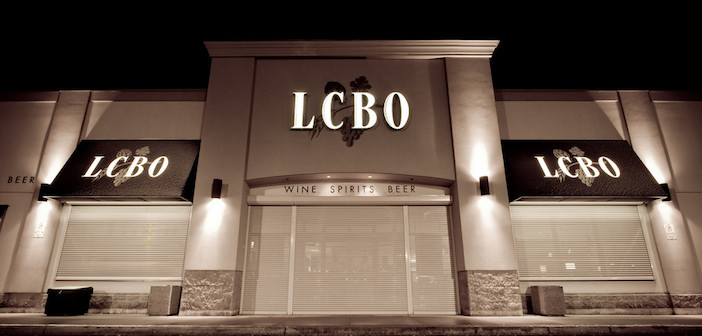The Canadian government is steamrolling ahead with its plans to legalize adult-use marijuana by July 2018, however, one important part of the legislation that hasn’t been determined is the future of edibles.
Canadians have been informed that food products containing pot will be a part of legalization, but nothing has been presented which explains how this will happen or what the rules will look like.
This lack of direction poses a challenge for the growing popularity of cannabis-infused private parties that are happening in many communities across the nation. Delicious culinary creations infused with pot are making their way into packed, sometimes standing-room only establishments. If the government doesn’t step in and provide permits and other regulatory necessities, their goal of stamping out the black market will temporarily stall until regulation does happen.
“We want to create an inclusive environment for cannabis in food, because in my opinion and in the opinion of science as well, there is such a symbiotic relationship between [cuisine and pot] that it really needs to be showcased more and normalized,” said Reena (last name withheld), owner of High Society Supper Club based out of Hamilton Ontario.
High Society is a catering company that does various cannabis-infused events including engagement and anniversary parties. Last Saturday evening, Reena had a fabulous twelve-course infused dinner at an undisclosed Toronto location, and Marijuana.com was there to witness the event.
“We’ve been doing cannabis catering for about three or four years now. The dinner parties that we’re doing are something that started this year. Admittedly, the idea came from some of the dinner parties that are happening in the States.”
Despite the current grey area concerning cannabis-infused culinary parties and events, Reena is hopeful and optimistic that government acceptance and regulation will eventually be a certainty. “In all honesty, I know that it’s going to be a struggle initially, but [the government]is going to have to work out what the standards, guidelines, and requirements will be for administering that type of food.”
Reena also feels that the regulation of marijuana culinary events is much simpler than it seems. “Truly it’s an easy thing when you think about it. For instance, one of the concerns is how you can measure the dose and know for sure what’s being served. Initially, we could start out with already tested products. There are a lot of tested products already available on the shelf such as butter, oils, and lots of [other]cooking products that we can use.”
Reena sees cannabis event regulations working very similarly to the way the government regulates alcohol at endless soirees across the country. “As much as I don’t like the LCBO and that governing body in and of itself, something similar could service us very well. That would eliminate the apprehension and fear of giving people “unknown” substances. You can use measured products and get a measured result.”
Reena went on to add that the permitting process could consist of the event organizer telling the governing body how many customers they plan on serving, a range of the dosage in foods that will be provided, and whom the providers will be. “I’d happily pay an extra $500 to $1000 for that license.”
At the end of the day, the one thing that Reena wants to see come out of cannabis regulation for infused events is the inclusion of those who have been involved even when it was not a legal industry. “I just really hope that the government will see that there’s a large group of people who have been working very hard for a very long time to build an industry that [the feds]are about to profit off of. In terms of offering quality and variety, they are going to have to embrace what we have already put out there.”
credit:marijuana.com










